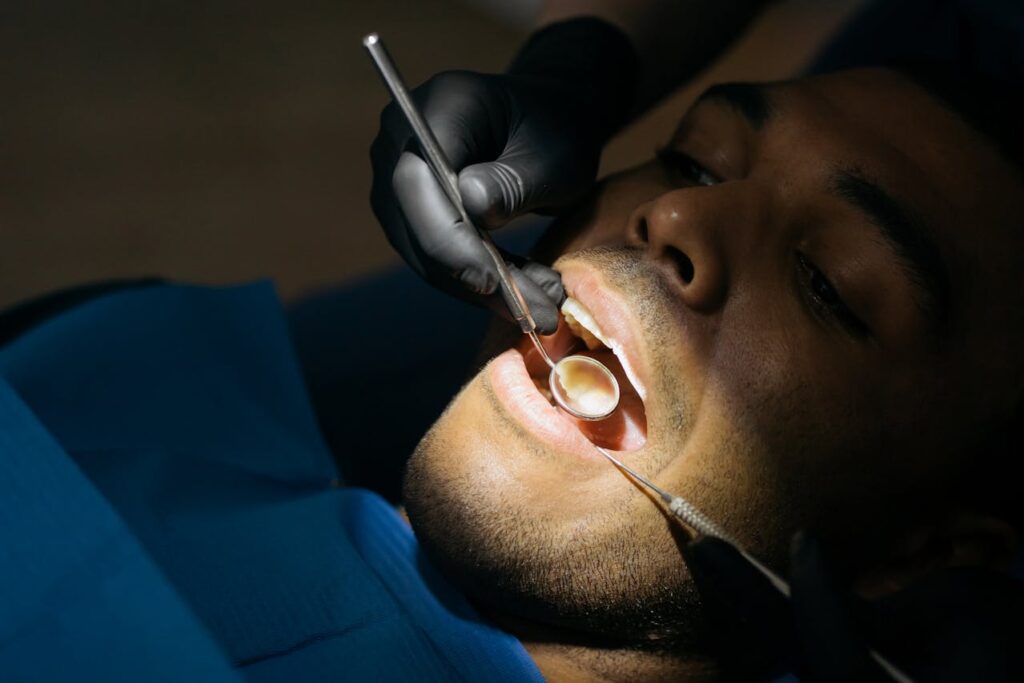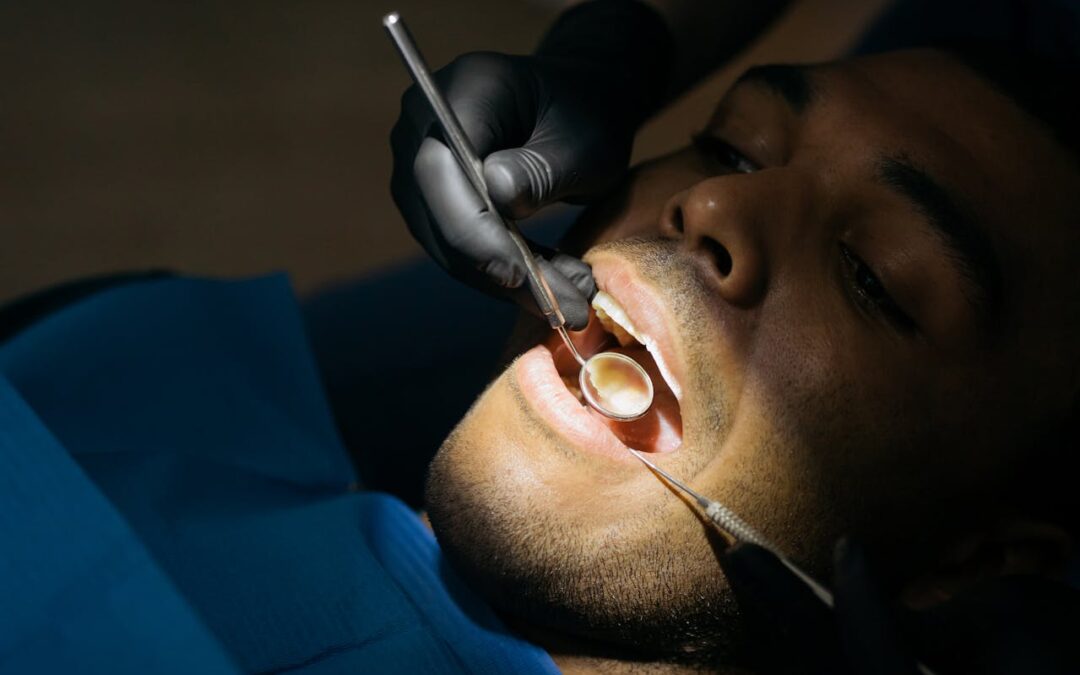Dental health plays a vital role in our overall well-being. It extends beyond just having a bright smile — it impacts your ability to eat, speak, and even affects your self-esteem. Poor oral hygiene can lead to a range of issues such as tooth decay, gum disease, and bad breath. In addition to these visible problems, poor oral health has also been linked to more severe conditions, including heart disease and diabetes. Therefore, it’s crucial to maintain good dental habits throughout your life. Achieving optimal dental health requires a combination of preventive measures, proper care, and regular professional checkups.
Building a Strong Oral Care Routine

To maintain optimal dental health, a strong oral care routine is essential. This starts with brushing your teeth at least twice a day using fluoride toothpaste. Proper brushing helps remove plaque — a sticky, colorless film of bacteria that forms on your teeth and gums. Don’t forget to use a soft-bristled toothbrush to avoid damaging your gums and enamel. In addition to brushing, flossing daily is crucial to reach areas between teeth that a toothbrush might miss. An antibacterial mouthwash can also help kill bacteria and freshen breath, adding an extra layer of protection against oral diseases. Establishing this routine early on helps prevent cavities and gum disease.
The Role of a Balanced Diet in Dental Health
What you eat directly affects your dental health. A balanced diet rich in fruits, vegetables, whole grains, and lean proteins can provide the nutrients your teeth and gums need to stay healthy. Avoid sugary snacks and drinks, as sugar feeds the bacteria in your mouth, leading to plaque buildup and tooth decay. Instead, choose foods high in calcium and vitamin D, such as dairy products and leafy greens, which help strengthen your enamel and support healthy bone structure. Drinking plenty of water throughout the day also helps wash away food particles and bacteria, preventing dry mouth, which can contribute to cavities and bad breath.
Visiting Your Dentist Regularly
Even with a great oral care routine, regular visits to your dentist are essential for maintaining optimal dental health. Professional cleanings every six months are recommended to remove tartar buildup that cannot be addressed with regular brushing. During these visits, your dentist will also conduct a thorough exam to check for any early signs of cavities, gum disease, or oral cancer. Early detection of these conditions can lead to less invasive and more effective treatment options. Regular checkups are also a great opportunity to ask your dentist for personalized advice on how to further improve your oral health.
The Importance of Habits Beyond Brushing and Flossing
Achieving optimal dental health isn’t just about brushing, flossing, and seeing the dentist; it’s also about maintaining habits that protect your teeth over time. For example, avoid smoking, as it significantly increases the risk of gum disease, tooth loss, and oral cancer. Wearing a mouthguard while playing sports or grinding your teeth at night can protect against trauma and tooth damage. Additionally, be mindful of how much acidic food or drinks you consume, as they can erode your enamel. Lastly, if you notice any signs of dental problems such as bleeding gums, persistent tooth pain, or sensitivity, seek professional care immediately to prevent further complications.

